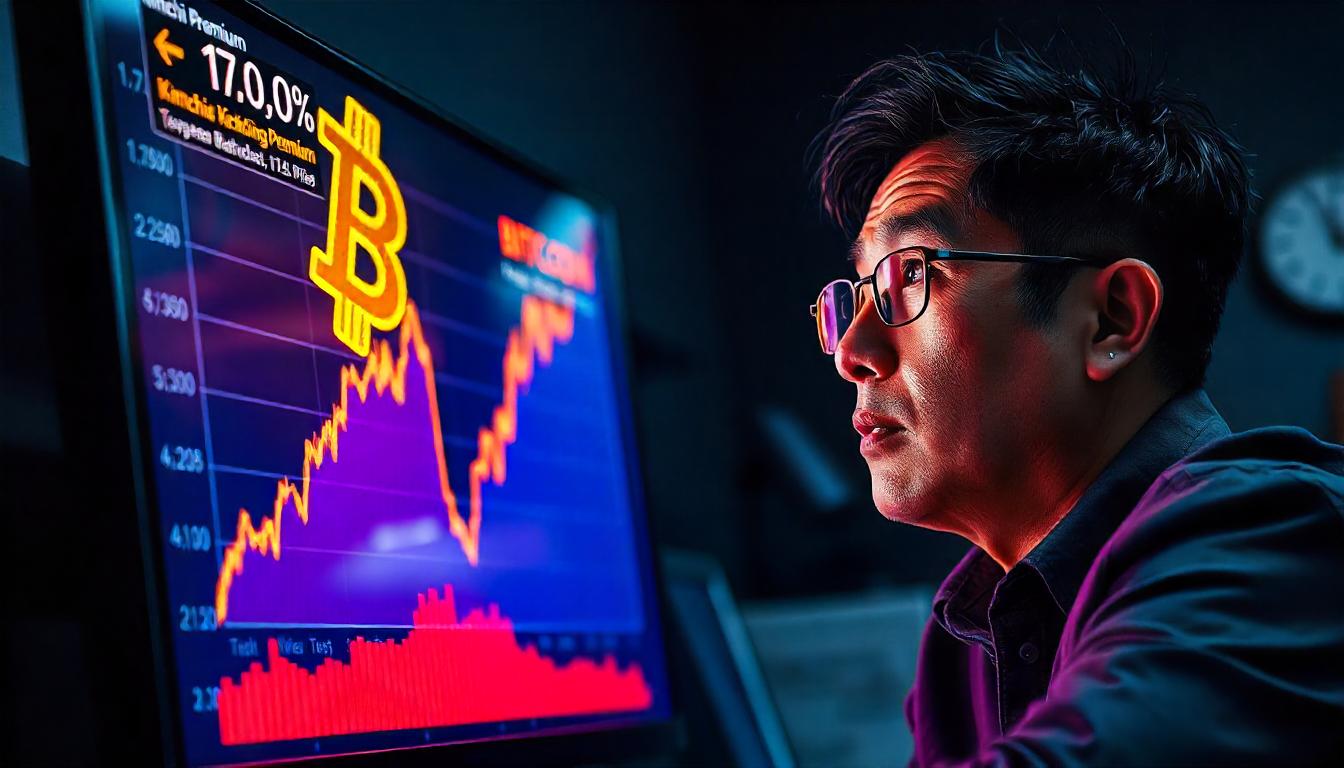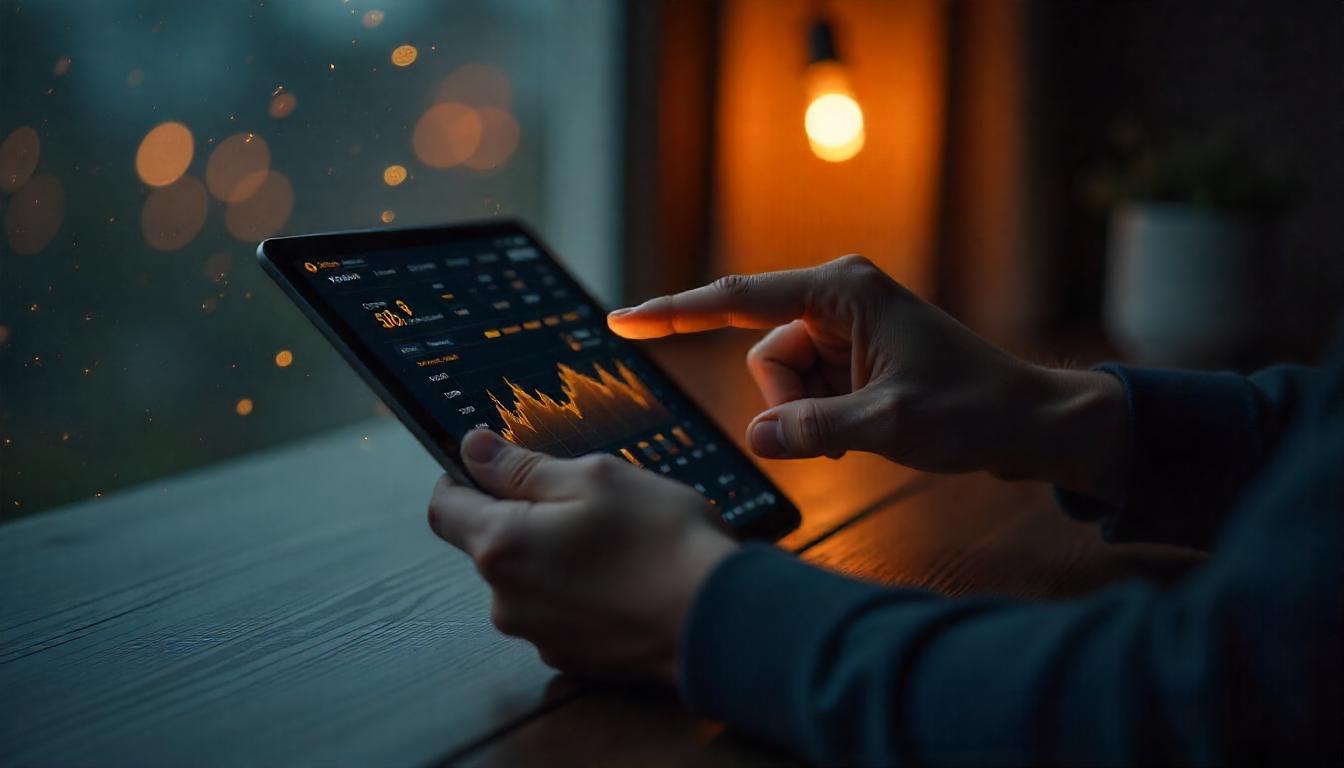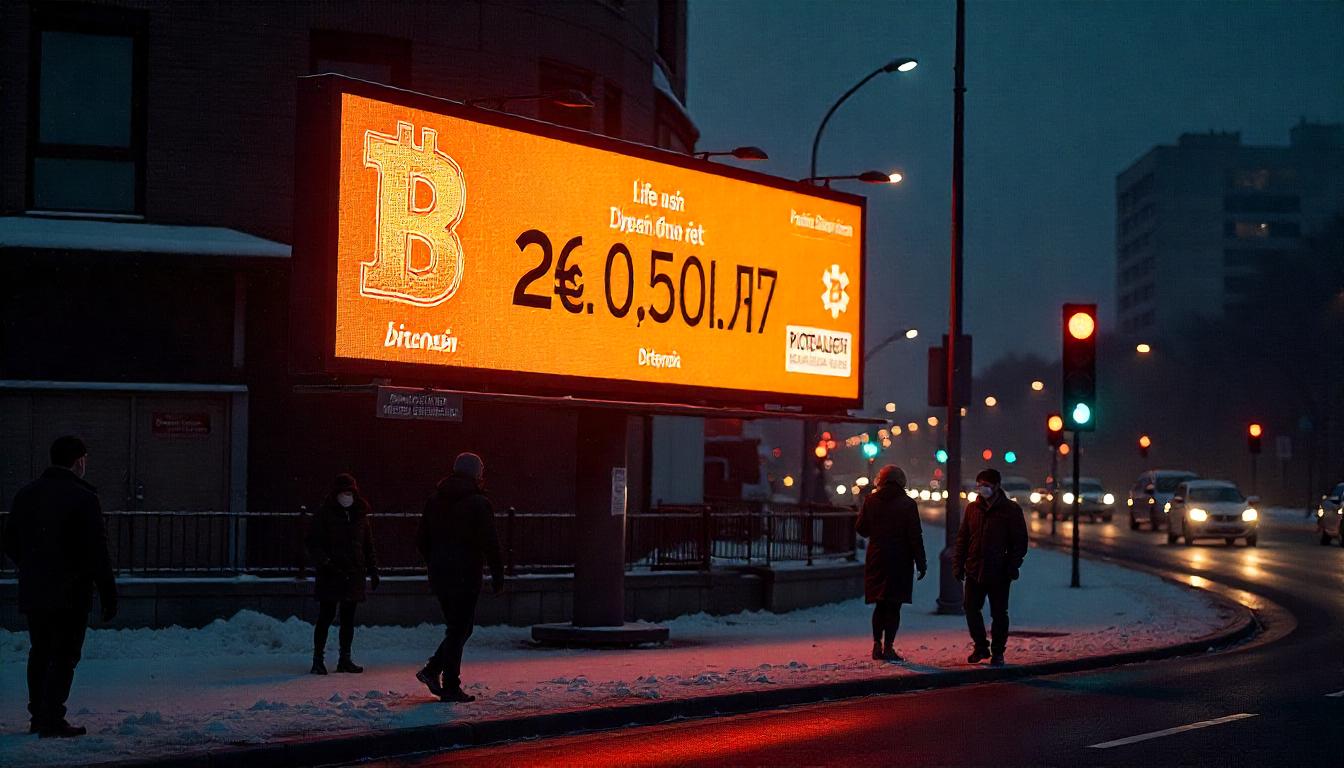Bitcoin’s Kimchi Premium Surges Past 10% as Korean Retail Demand Wanes
Bitcoin’s (BTC) Kimchi premium—an indicator that tracks the price gap between South Korean crypto exchanges and global markets—has climbed above 10%, signaling potential instability in the market. The spike comes as BTC slid 6% in the past 24 hours amid renewed concerns over U.S. trade policies and a strengthening dollar.
The Kimchi premium, a phenomenon where Bitcoin trades at a higher price in South Korea than on global exchanges, has historically been linked to speculative frenzies and liquidity constraints. Traders often watch this metric as a sign of market overheating or capital flow imbalances.
Despite the rising premium, trading volumes on major South Korean exchanges like Bithumb and Upbit have plummeted over the past week. Additionally, on-chain data shows a decline in stablecoin reserves, with some exchanges experiencing withdrawal delays.
Bradley Park, an analyst at DNTV Research, suggests that the current premium spike is less about excessive retail buying and more about shifting macroeconomic conditions. “With a strong U.S. dollar and persistent global uncertainty, the Kimchi premium may be reacting to broader liquidity concerns rather than retail speculation,” he said.
Historically, sharp increases in the Kimchi premium without a corresponding rise in volume have preceded BTC price corrections. If capital flight continues from Korean markets, Bitcoin could face further downward pressure in the near term.





